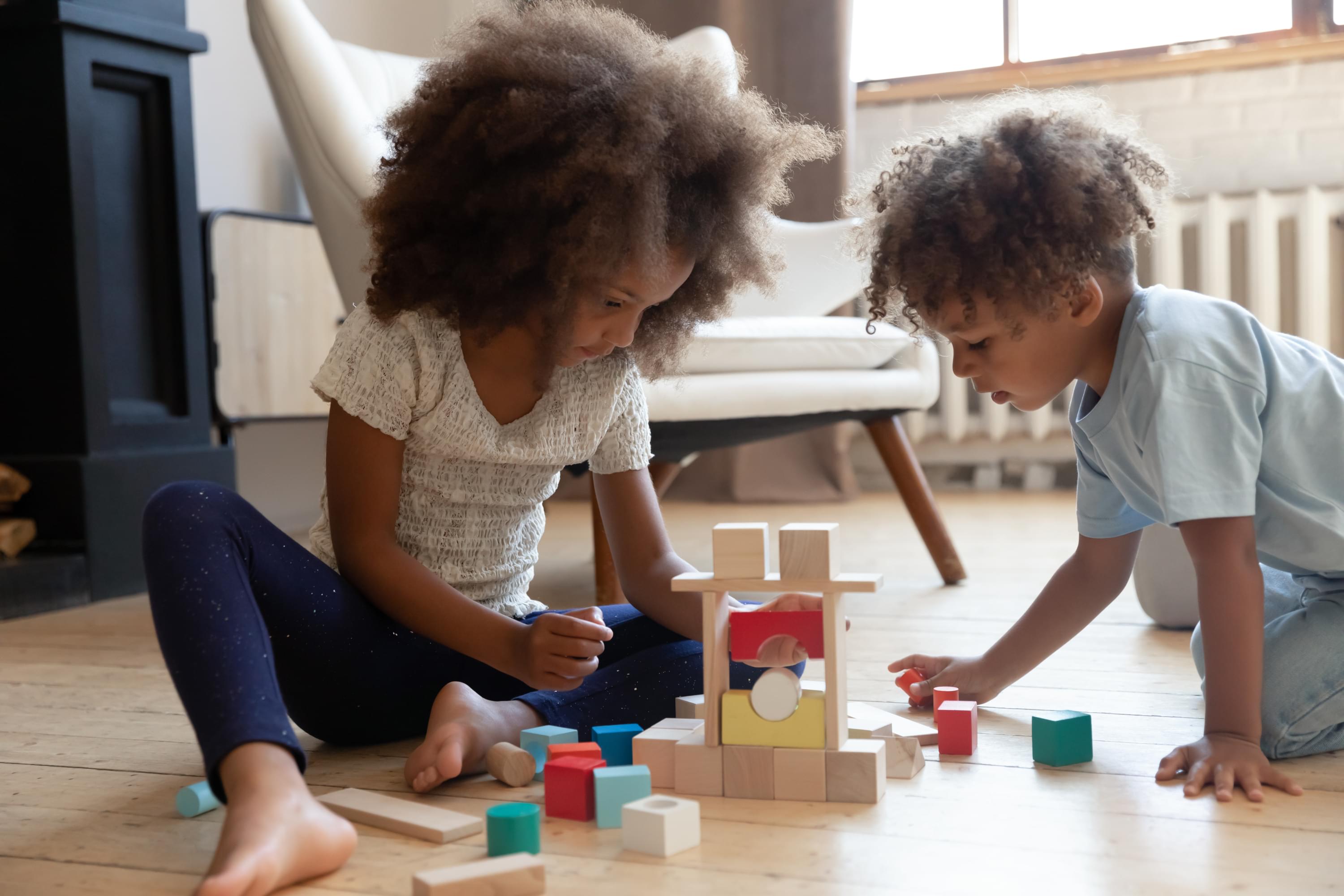
Supporting Back to School
Anxiety
It's that time of year! Back to school.
Is your child or young person nervous about going back to school?
With the first day of school fast approaching we understand that your children and young people may have some fear and anxiety around returning to school after the long summer break.
To help handle back to school jitters we had a chat with our Supervising Social Workers to find out their top tips on supporting back to school anxiety.
Separation Anxiety Tip
The idea is the carer and child have a shared item so the child knows the carer will miss them too but they can hold the heart and think of the other until its home time."

Making the First Day Easier
1. Re-establish a routine
2. Reassure
3. Listen
4. Be Prepared
5. Check-in
6. Visualise
Visualise going to school and discuss stories they have of their friends, fun activities they've experienced and memories of their teachers.
7. Speak to teachers
If possible consider contacting the school to ask for a video call with the teachers.
8. Create a worry box
Create a worry monster or a worry box - where they can write their worries, then put them in and forget them.
9. Get a plan jar
Get a 'hope' or 'plan' jar and each time they think of something to do after school they can put the idea in a jar then each day they come home they get to pick out the jar.
10. Don't put pressure on yourself
The transition can take some time and there might be ups and downs along the way. Make sure you are taking steps to care for yourself and seek support if you need it.



We Are Here To Guide You
Become a Foster Carer Today
Call: 01622 760 600
Ready to change a young persons life?

(made to each fostering household with a placement).